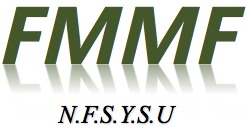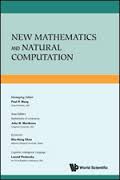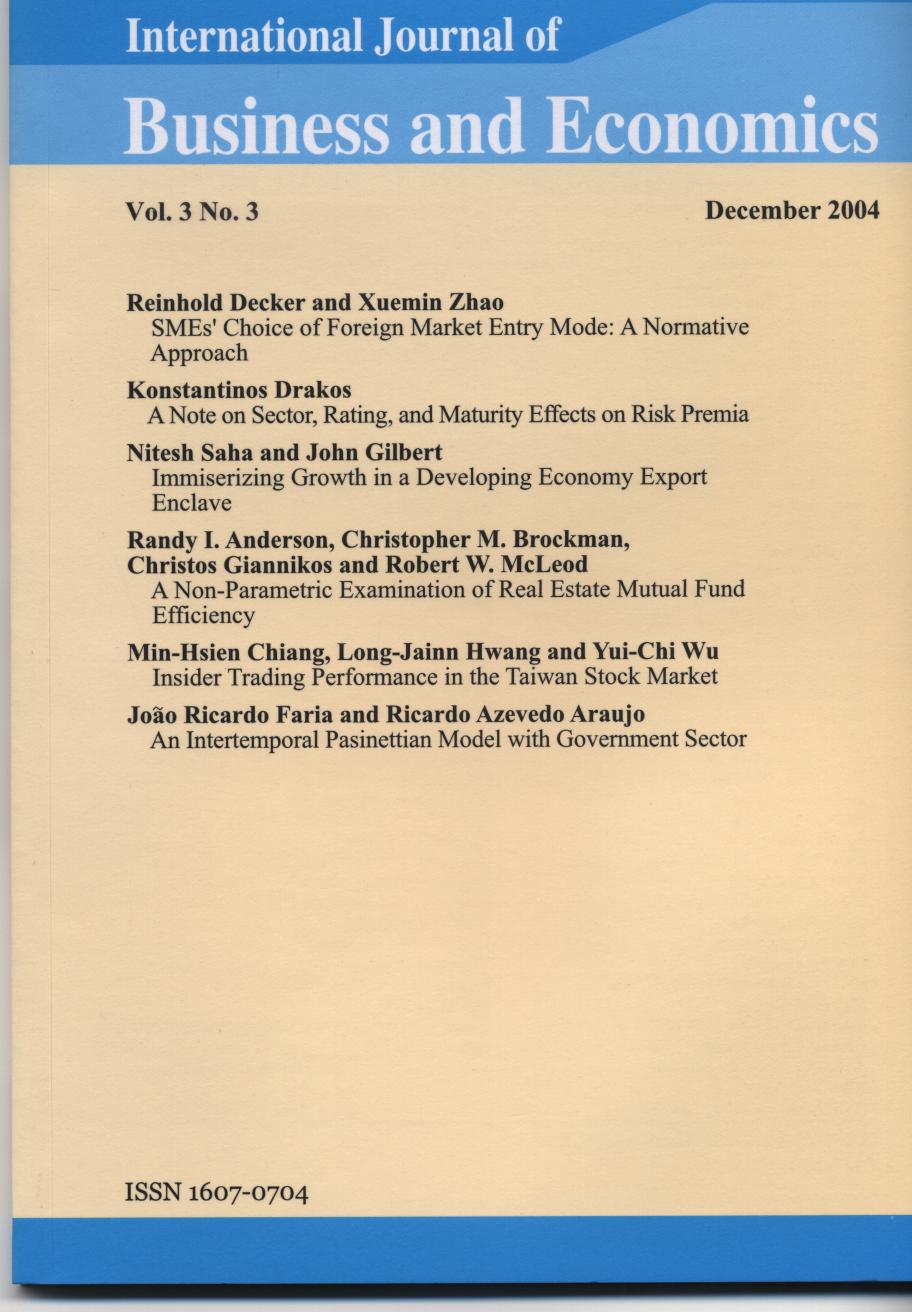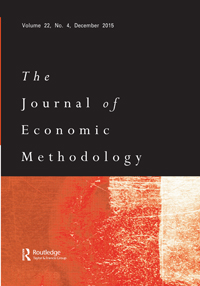J. Barkley Rosser, Jr.
Title: Complexity and Institutional Evolution
Abstract:
This paper shows which portions of complexity theory are most relevant for studying economic institutional evolution. This question leads to both the two main competing economics complexity theories, dynamic and computational complexity. Central to this is the concept of cumulative causation, invented by a main founder of institutional economics, Thorstein Veblen, a fact now widely recognized. This provides the basis for increasing returns, multiple equilibria, and bifurcations in the evolution of institutions. A central issue in institutional evolution involves both hierarchical emergence, with the interaction of spontaneous emergence with natural selection a central point. Recognizing these points may provide a new synthesis between the old and new institutional economics.
Short bio:

John Barkley Rosser, Jr. is the Professor of Economics and Kirby L. Cramer, Jr. Professor of Business Administration at James Madison University in Harrisonburg, Virginia. He is known for work in nonlinear economic dynamics, including applications in economics of catastrophe theory, chaos theory, and complexity theory (complex dynamics, complexity economics). With Marina V. Rosser he invented the concept of the "new traditional economy". He introduced into economic discourse the concepts of chaotic bubbles, chaotic hysteresis, and econochemistry. He has published several books and about 150 journal articles, book chapters, and book reviews in a wide variety of sub-fields of economics. He served as Editor of the Journal of Economic Behavior and Organization from 2001-2010. He is also the Founding Editor-in-Chief of the Review of Behavioral Economics.









